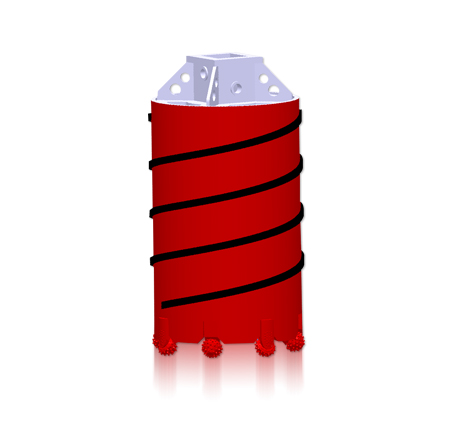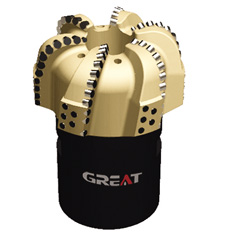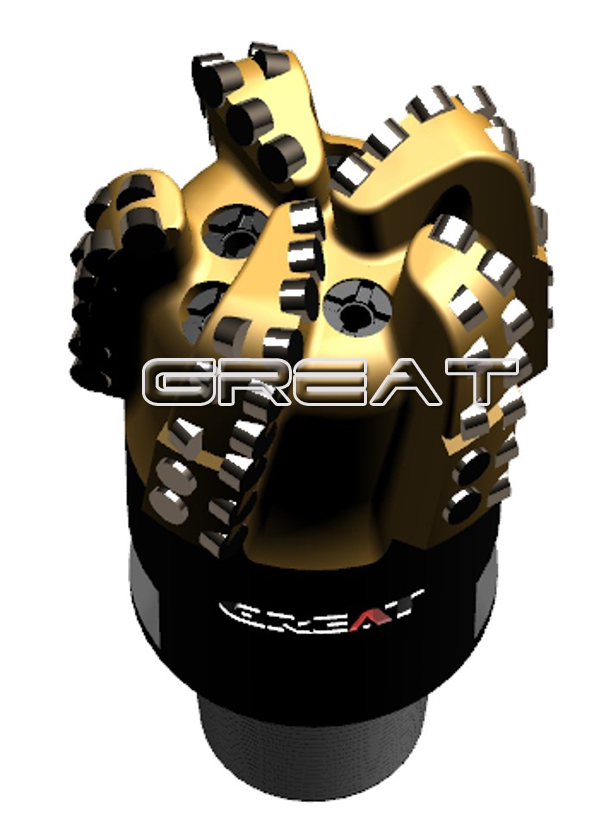The table below shows the effects of formation lithology on the failure of roller cone bits in drilling skills:
Formation lithology can affect the drilling speed and footage of the bit, cause complex situations such as well leakage, blowout, collapse and stuck, change the mud function, and affect the quality of the borehole, such as irregular inclination and diameter, which leads to the quality of the cementing. By analyzing the impact of formation lithology on drilling skills, we can judge the rationality of bit selection and application.
The effects of clay, mudstone, and shale formations on roller cone bits:
Clay can easily absorb free water in the mud and expand, leading to a decrease in borehole diameter, formation of resistance to drilling, and even sticking. With prolonged soaking time, there will be block fall and borehole expansion, leading to formation collapse. Clear water or low density and viscosity mud should be used for drilling. Carbonaceous shale has weak bonding force and is prone to collapse. Soft mudstone formations are easy to drill with high speed and also easy to pack the bit.
The effects of sandstone on roller cone bits:
Sandstones have varied properties depending on the particle size, composition, and binding materials. The finer the particles, the more quartz particles, and the more siliceous and ferrous binding materials, the harder it is, and the more wear it causes to roller cone bits, such as quartz sandstone. The more mud-bonding materials, the more mica and feldspar it contains, the softer and easier it is to drill. The coarser the particles, the less binding material, and the better the permeability, the more prone it is to mud permeability loss, and the more likely it is to form thick mud cakes on the wellbore, causing complex situations such as adhesion and sticking, leading to the abnormal use of the bit.
The effects of conglomerates on roller cone bits:
Drilling in conglomerate formations is prone to drilling jump, drill jamming, and wellbore collapse. When the pump displacement is small or the mud viscosity is low, the pebble particles are not easy to return, which causes more damage to the roller cone body and teeth.
The effects of limestone on roller cone bits:
Limestone formations are generally hard, slow to drill, and have minimal footage. Some of them have developed cracks and holes. When the bit encounters cracks and holes, it can cause jamming, blowout, mud loss, etc., and sometimes even blowout after well leakage.
Limestone formations have a great impact on the footage, mechanical drilling speed, and failure of the bit. In addition, when the formation is soft and hard interbedded, such as mudstone interbedded with hard sandstone, it is prone to inclination. When the formation dip is large, it is prone to inclination. Roller cone bits are prone to damage when drilling in deviated wells. When the rock formations contain soluble salts, such as gypsum layers and salt rock formations, it can damage the function of the mud and affect the normal use of the bit.
 English
English français
français Deutsch
Deutsch Español
Español italiano
italiano русский
русский português
português العربية
العربية tiếng việt
tiếng việt ไทย
ไทย Nederland
Nederland




